Substance abuse isn’t something you should experiment with. It results from the consumption of liquor, physician-endorsed medication, and other lawful and unlawful substances in excess or in an incorrect manner. Substance misuse is different from dependence.
Unreasonable utilization of psychoactive medications, like liquor, torment meds or unlawful medications can prompt physical, social or enthusiastic damage. It involves utilization of substance medications, over-the-counter medications or liquor for purposes other than those for which they are intended, or in exorbitant amounts.
Many individuals with substance misuse issues have the ability to stop or change their ways, but then again, habit is an illness.
What Substances are Regularly Manhandled?
Alcohol
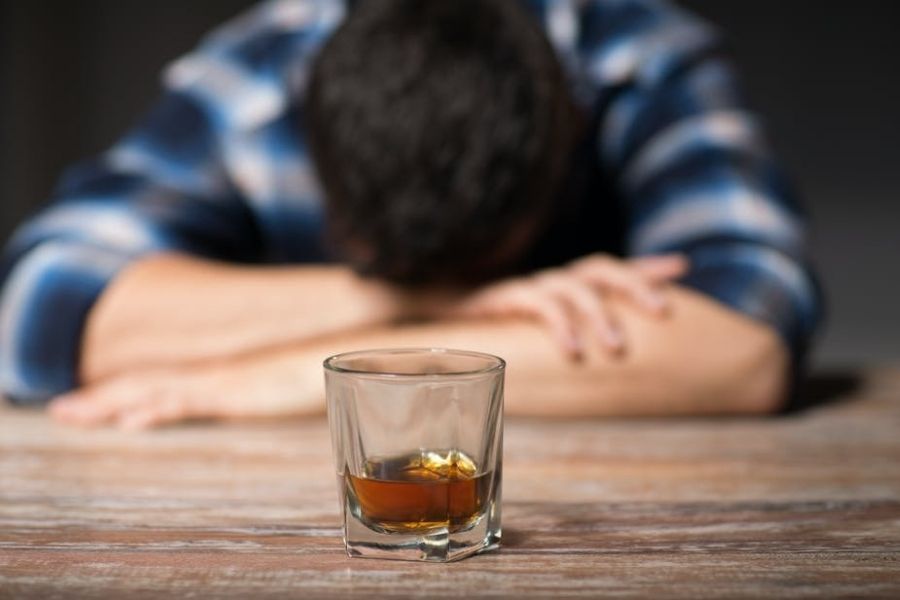
Hallucinogens
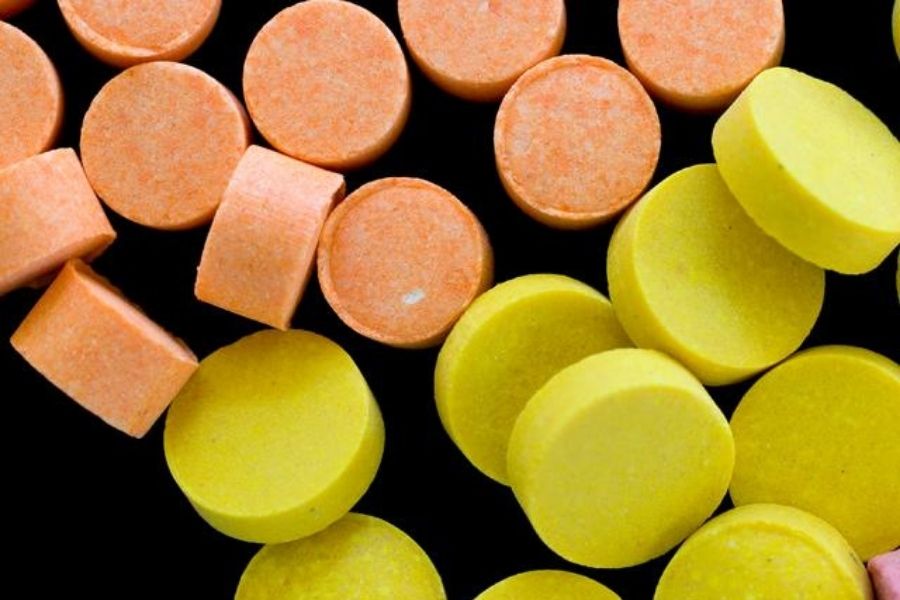
Cocaine

Prescription medicines such as Pain Pills, Stimulants, or Anxiety Pills

Opiates
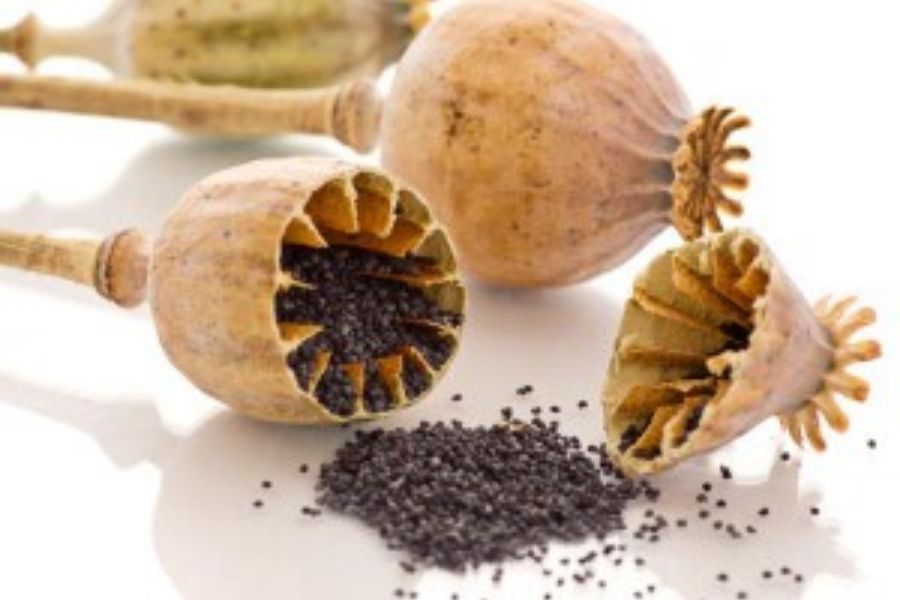
Marijuana

Inhalants

Both lawful and unlawful medications have synthetics that can change how your body and psyche work. They can give you a pleasurable high, facilitate your pressure, or help to forget the issues of your day-to-day existence.
Causes and Risk Factors of Substance Abuse
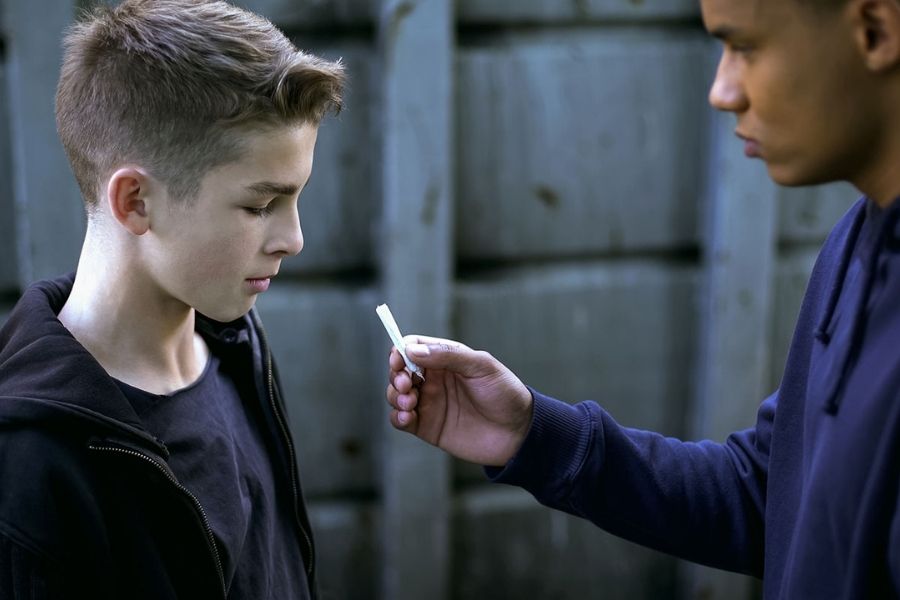
Use and maltreatment of substances like cigarettes, liquor, and illicit medications might start in adolescence or later. Certain dangerous circumstances in a person’s life might increase the chances of manhandling substances.
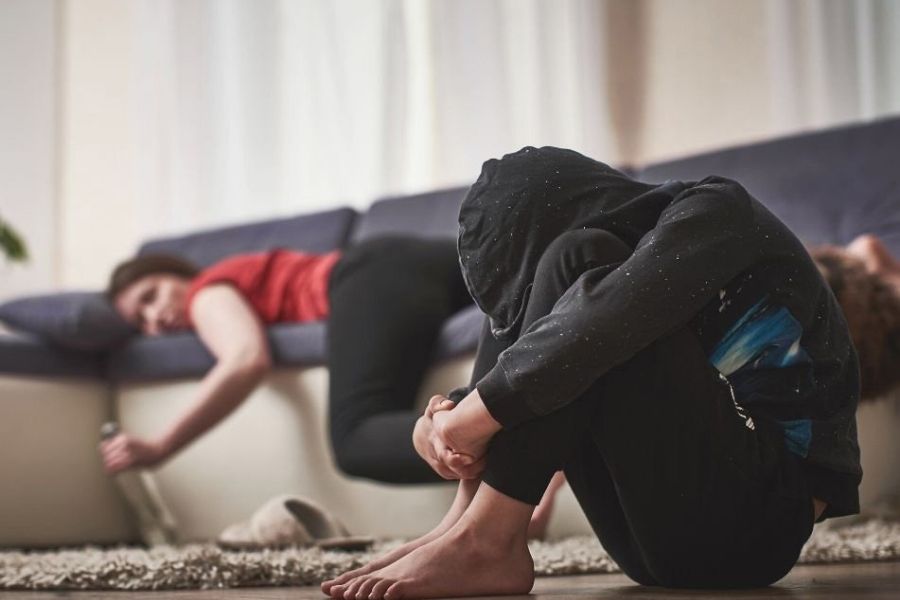
Family ancestry factors that impact a kid’s initial advancement have demonstrated an expanded danger of chronic drug use, for example, tumultuous home climate, ineffectual nurturing, absence of sustaining parental connection, parental medication use or dependence.
Let’s look into the Symptoms and Signs of Substance Abuse
Near and dear ones could be quick to perceive the signs of substance misuse. Early acknowledgment builds the opportunities for effective treatment.
Signs to look out for:
Surrendering past exercises like games, schoolwork, or spending time with friends

Declining grades
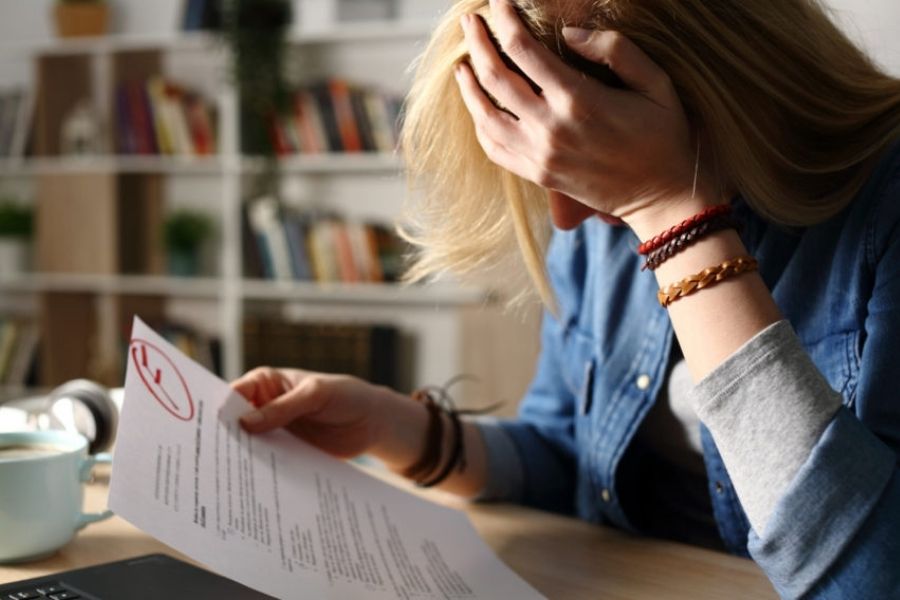
Easily irritated, miserable, discouraged, or even self-destructive

Sounding self-centered and not thinking about others
Utilize room deodorizers, incense stuff or baggies, little boxes, lines, and moving paper.

Becoming inebriated or high on drugs

Consistently lying, especially regarding how much liquor or medications the person is utilizing.
Staying away from companions or family to become inebriated or high.
Arranging drinking ahead of time, concealing liquor, taking different medications by themselves.
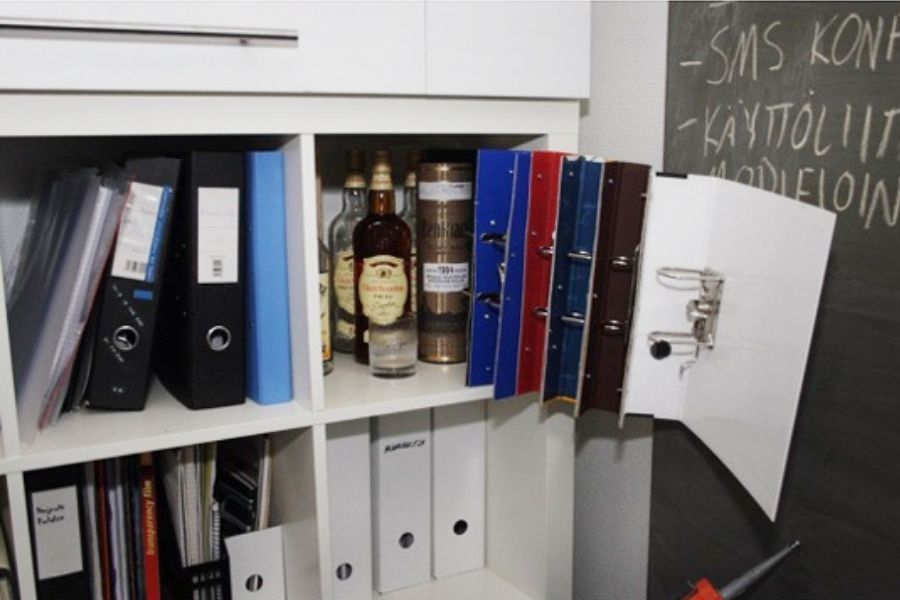
How is Chronic Drug Use Analyzed?

A family specialist, therapist, or a qualified emotional well-being professional normally analyzes substance misuse. Clinical discoveries regularly rely upon the substance mishandled, recurrence of utilization, the period of time since last utilized, and may include:
Weight Reduction

Disregard for Cleanliness
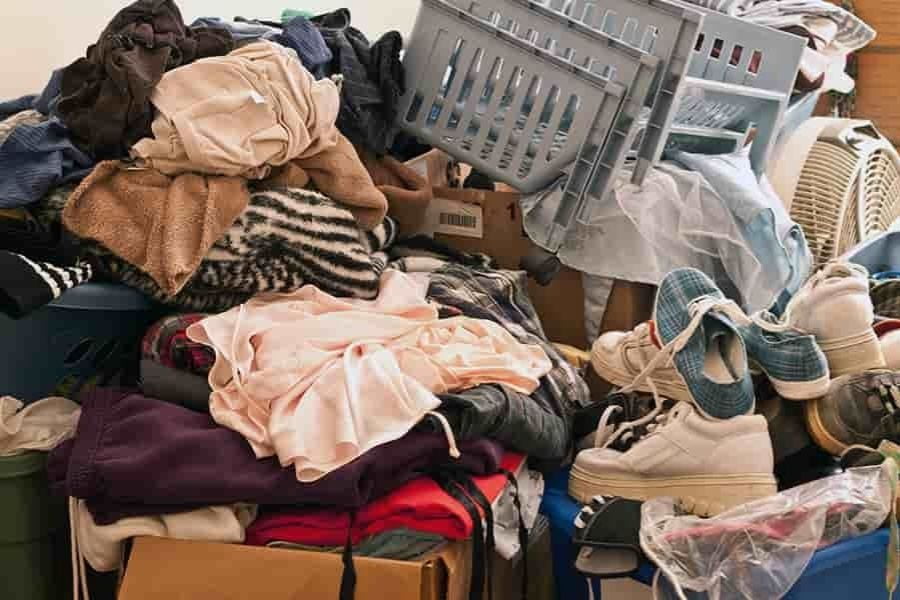
Unforeseen Irregularities in Pulse or Circulatory Strain
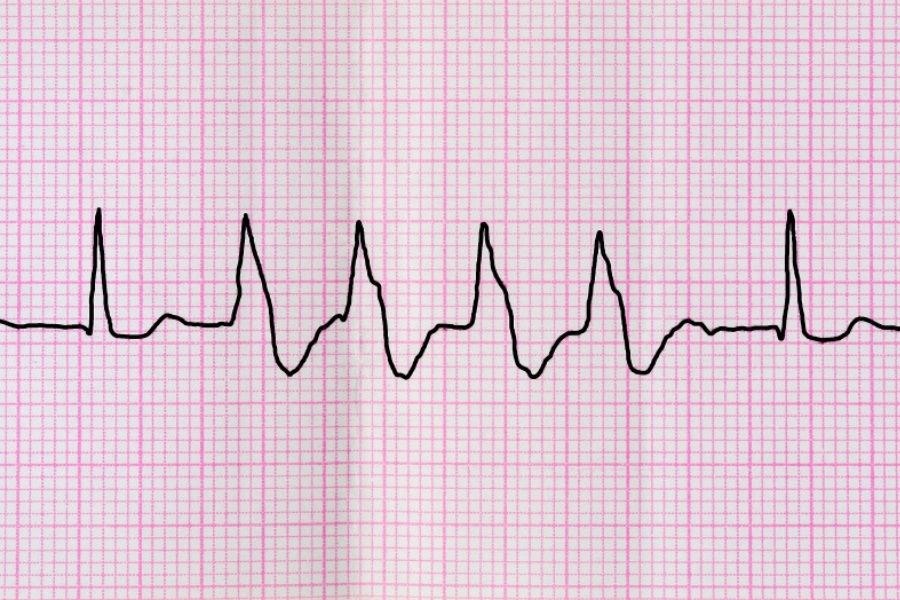
Lab Irregularities

Consistent Weariness

Sadness, Uneasiness or Rest Issues

Red Eyes
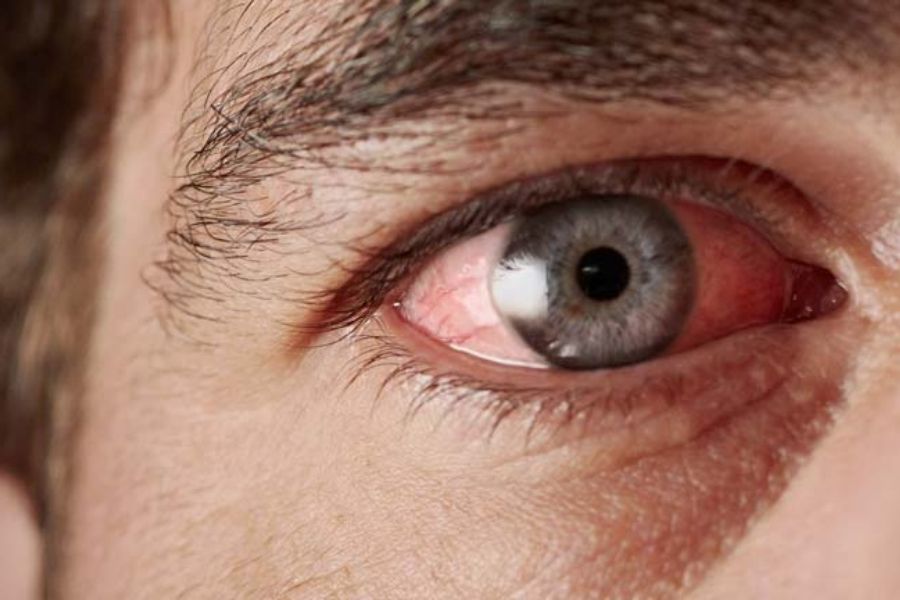
Treatment for Substance Addiction or Reliance
Explicit treatment for substance addiction or reliance will be dictated by your primary care physician. The treatment would depend on:
- Your age, by and large wellbeing along with history
- Degree of the reliance
- Kind of substance manhandled
- Your capacity to bear explicit meds or strategies.

Long term follow-up administration normally incorporates formalized gatherings and psychosocial emotionally supportive networks.
When to look for Medical Care?
On the off chance that you perceive that somebody has a substance misuse issue and needs to stop, a specialist suggests them local area assets where they might get formal treatment of a substance-misuse issue.
A specialist may endorse medication to control longings and withdrawal or assist with overseeing unexpected issues arising due to substance misuse.
Any of the following indications warrant a call to the specialist:
- Gentle quakes or a liquor withdrawal seizure not joined by visualizations or disarray
- Jaundice
- Expanding stomach size
- Leg expanding
- A hack, clog, or sneezes that won’t stop.







